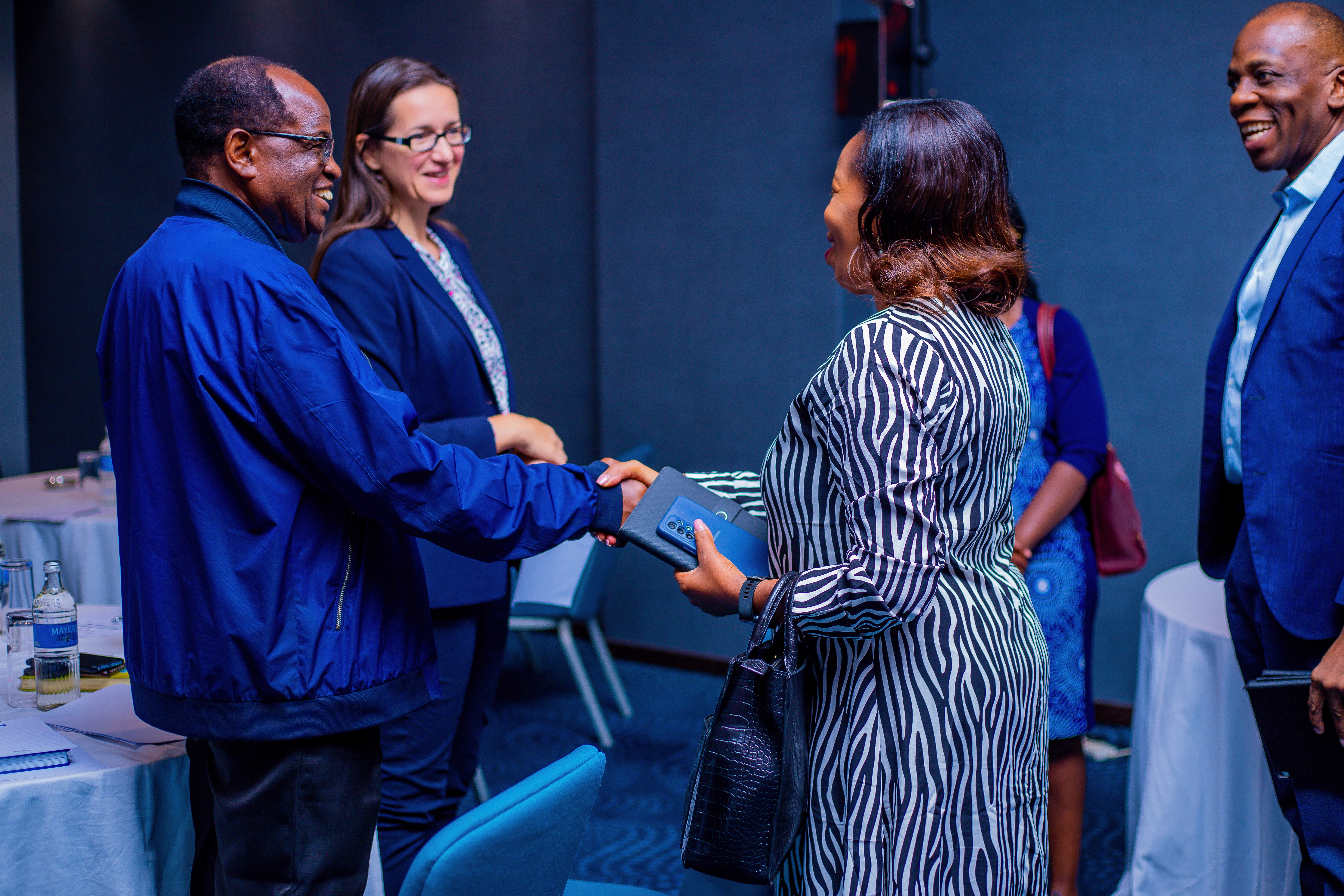
The British Council is a strong supporter of the Kenya Network of Entrepreneurial Institutions’ Leaders. Institutions of higher learning have a critical role to play in innovation and entrepreneurship eco-systems and in contributing solutions to national, regional, and global challenges.
- Monica Blagescu, Head of Programmes, Higher Education at the British Council.
How do you remember your academic journey? For many, institutions of higher learning served as avenues to amass the knowledge that boosts one's career or business journey and helps them make a positive contribution to society. Others may disagree due to the challenge of securing a job within their study area and being forced to pivot to make ends meet. And for some, life has been their school platform, as they skipped the tertiary education route and are firm in their belief that this was a good choice.
"This is the best time to ask ourselves what the university of the future would look like," notes Prof Robert Gateru, Vice Chancellor at Riara University. "For a long time, students know what they want to do but have no one to hold their hand showing them how to commercialise ideas."
The narrative is changing, thanks to the efforts by the Kenya National Innovation Agency (KeNIA), whose mandate is to promote innovation and enterprise development out of research and ideas. With support from the British Council and the Lemelson Foundation, KeNIA is onboarding institutions of higher learning through a network geared towards a more robust university-led innovation and entrepreneurial ecosystem in Kenya.
Dubbed 'Kenya Network of Entrepreneurial Institutions’ Leaders' (KNEIL), the platform will foster discussions and co-design opportunities that drive solutions to institutional challenges on enterprise and innovation prospects. Additionally, it will encourage and grow the institutions' capability to develop, promote, nurture, and drive innovation and entrepreneurship that has positive impact at individual, community, and national levels.
According to Geoffrey Monari, the Chief Executive Officer of the University Funding Board, "One of the key strategies of KNEIL is to ensure institutions of higher learning have alternative sources of income or funding models, for instance commercialising their research, that would ensure they remain afloat and offload the financial responsibility on the government".
The Network is grounded in three objectives: to enhance peer learning, collaboration capacity, and evaluation to advance initiatives that promote innovation and entrepreneurship. Secondly, through strategic partnerships, programs, and initiatives, to strengthen entrepreneurial ecosystems within and around universities that integrate teaching and learning, research, academic and non-academic staff, students and others in their community. Lastly, to aid national and regional efforts to strengthen institutional arrangements that drive innovations and entrepreneurship for socio-economic development, job and wealth creation and competitiveness on the global stage.
"The efforts by KeNIA are calling us to think through existing institutional, research, and intellectual policy issues to ensure they are refined, mainstreamed and anchored to the national targets," shares Prof Isaac Kibwage, Vice Chancellor of Egerton University. “We have developed several seed varieties that serve different regions of the country; for instance, bean seeds that can thrive in semi-arid areas. Given the positive performance, these are now available in the market and selected city outlets,” he highlighted.
The Network currently boasts of a diverse membership from the British Council, British High Commission, Commission for University Education, University of Nairobi, Daystar University, Riara University, Dedan Kimathi University of Technology, University of Kabianga, Egerton University, Jaramogi Oginga University of Science and Technology, Universities Fund, Maseno University, Catholic University of Eastern Africa, Heifer International, and Meru University of Science and Technology.
“The British Council is a strong supporter of the Kenya Network of Entrepreneurial Institutions’ Leaders. Institutions of higher learning have a critical role to play in innovation and entrepreneurship eco-systems and in contributing solutions to national, regional, and global challenges. We also believe in the importance of leaders in the higher education sector driving the process of change within their institutions,” notes Monica Blagescu, Head of Programmes, Higher Education at the British Council. “We are committed to contribute to an environment where young people can thrive and where both graduates and the institutions of higher learning maximise their entrepreneurship and innovation potential. We are proud of this partnership with KeNIA and hope the Network will become a driving force of change for the country as we advance.”
Are you keen to journey with the KNEIL? Membership is voluntary under the following tiers: university, government, private sector, development, and individual levels. Learn more here.